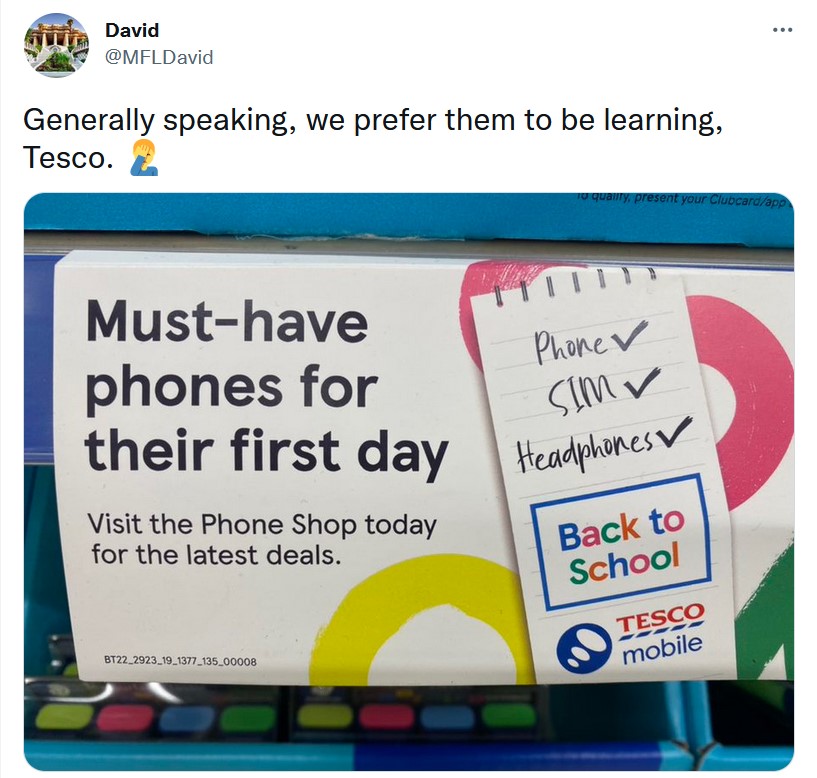How much is too much for Year 7?
Regular readers of my blog will know that I have various issues with the new(ish) Latin reading course entitled Suburani. I’m not a fan of the way it approaches the grammar and the clients I have had from schools who have adopted it have all come to me in a state of bewilderment – they have little to no understanding of what they have been learning and their grasp of morphology is woeful.
One aspect of the course that I have found worthwhile – and what is attracting schools to it – is its portrayal of Roman suburban life. There is no idealism and no “whitewashing” here, no triumphalist focus on the easy lives of the wealthy Roman elite. Life is harsh and often desperate; the insulae offer filthy and dangerous accommodation to vulnerable families, a racket run by corrupt landlords on the take, men who are themselves frequently in debt to a wider system of corruption; some appear to be battling with a gambling addiction. There are beggars on the street. Most powerfully of all, we see the reality of how wonders of the ancient world such as the public baths were built and maintained: by slaves under the ground, soot-covered and scorched from the heat of the furnace, contaminated by their time spent in close contact with the sewerage system. Bravo, I thought.
And yet …
During my preparations for working with one client I found myself taking a closer look at chapter 6. The final story in this chapter is a continuation of one called fuga (“flight” or “the escape”), in which two slaves unfortunate enough to be working the fires underneath the baths make a desperate bolt for freedom, slipping out through the sewerage system by night. They are spotted and chased by dogs, which the guards send after them. One of them (named Gallio) is caught immediately and questioned; the other is caught a few days later. Below is a screenshot from the online version of the text book, followed by my suggested translation:

The guards torture the slave for two hours. At the third hour, the guards take a branding iron out of the furnace. They bring the branding iron towards Gallio and mark his head. The pain is unbearable. There are three letters on his head.
For three days and three nights, Thellus runs. On the fourth day the slave sleeps in a field. At the first hour, two farmers see him. The farmers capture Thellus and take him to the guards. The guards smile. Thellus is terrified.”
Suburani, fuga, pars secunda, pg. 98
I have never been one to romanticise the ancient world, indeed many students have found my endless attempts to remind them of its disappointing realities somewhat irksome. It is not acceptable – I believe – to let them stare in wide-eyed wonder at Roman feats of engineering, without taking a moment to remind them exactly who did the back-breaking, life threatening, life-shortening work which made these structures a reality. I think it’s hugely important and I have done this throughout my career.
The fate of Gallio and Thellus is entirely authentic. Slaves of this type were of little monetary value and – another thing I like to point out to students – monetary value was a reasonable barometer of how a slave would be treated in the ancient world. Slaves used for unskilled manual labour were worth the equivalent of a few pence and were bought and sold in bulk. Pile ’em high, sell ’em cheap. That’s the grim reality, I’m afraid. The recapturing and surrendering of Thellus by farmers also illustrates yet another thing that I like to emphasise: slavery was not an illicit trade exploited by an extremely wealthy minority who considered themselves above the law; it was the establishment, an integral part of the machinery of daily life, accepted and sustained by everyone, questioned by no one. Some of the most brilliant minds that sprung up in the ancient world, when they turned their philosophical skills to the question of slavery, overwhelmingly spent their time arguing in favour of it: some people are born to be slaves, said Aristotle, the father of the scientific method. In the ancient world, if you found a slave, you caught him, you handed him in and you pocketed the reward should there be one. Everybody – and I mean everybody – was complicit. The branding on the face? Standard punishment for runaways, so that everyone could watch out for them in the future. Barbaric? You bet. Never let anyone tell you that the Romans were civilised. Have I told children all of this in the past? Yes, I have.
Yet the story of Gallio and Thellus worried me, due to the very fact that empathy is so deliberately and so successfully invoked. I was shocked by it, even though I knew that this kind of thing happened to slaves with horrifying frequency. Would I want a child of mine to read and understand this story at the age of 11? I’m honestly not sure that I would. The stories in Suburani invite very young children to empathise with characters which are then subjected to lengthy torture. There is a fine line in teaching between asking students to acknowledge brutality and expecting them to process it on an emotional level. In our eagerness to break through the natural cynicism of modern youth, we should not forget that we are dealing with children; children who are indeed subjected to a 24-hour rolling backdrop of horror across the globe, thanks to modern systems of mass communication. It seems undeniable that we are facing a crisis of mental-health issues in teenagers, and I’m not sure that we should be quite so gung-ho when it comes to provoking their emotions in this way.
There will be many Classics teachers out there who disagree with me and I am keen to hear from those using Suburani in the classroom. Perhaps I will change my mind. But as things stand I am disquieted by its content and concerned that some children will be disturbed and distressed by this no-holds-barred approach. I believe that the truth can and should be told about the ancient world without what I see as a genuine risk of harm. Trauma is such an over-used word in modern education that I hesitate to suggest it, but I feel it’s appropriate here. Let’s not forget that our children are entitled to just a little bit of innocence before the world truly reveals itself in all its barbarity; we certainly shouldn’t underestimate their ability to grasp it, and I for one am not entirely sure I want them feeling the full weight of its horror at the age of 11.




